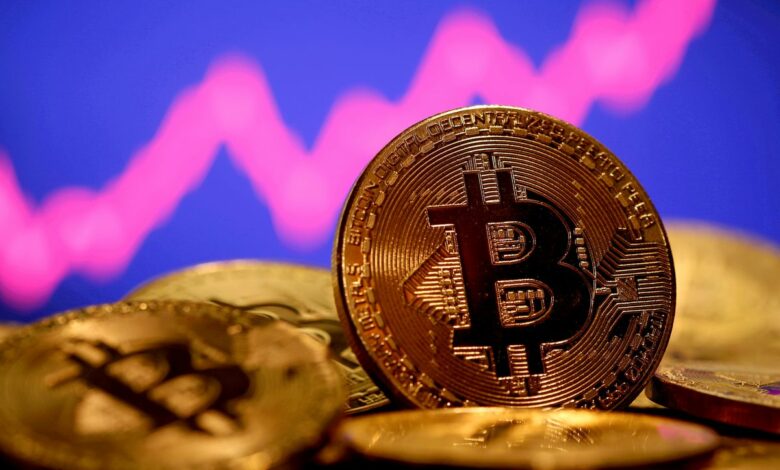
The Fatwa Secretary at the Egyptian Fatwa House, Sheikh Muhammad Abdel Samie, said that “Bitcoin is a laundering of forbidden money”, and warned that it comes with a loss of rights and legal violations.
Samie answered a question regarding the ruling on investing in Bitcoin digital currencies such as gold, saying: “Gold has its value. Bitcoin is an existing code and its value is in circulation. This means that if there is a high demand, its price rises. It rises because it is considered laundering of illicit money, thus its owners cannot transfer this money in a legitimate and legal manner.”
“If piracy occurs on Bitcoin, your rights are lost and you do not even know how to access your money and rights, and therefore it is not permissible according to Islamic law to invest in it.”
The Egyptian Fatwa House answered earlier a question via its official website, regarding the ruling on dealing in buying and selling in the electronic currency Bitcoin: “After extensive research and study, and after referring to economic experts and parties related to the issue of electronic currencies, especially Bitcoin, a fatwa issued by the Egyptian Fatwa House states that trading in these currencies and dealing through them in buying, selling, leasing, etc. is forbidden according to Sharia law.”
“Electronic currency has negative effects on the economy, disrupting the market’s balance, and causing the user to lose the required legal protection and financial control,” the Fatwa House added.
What is Bitcoin?
Bitcoin is defined by Investopedia as “A virtual currency designed to act as money and a form of payment outside the control of any one person, group, or entity, thus removing the need for third-party involvement in financial transactions. It is rewarded to blockchain miners for verifying transactions and can be purchased on several exchanges.”
“It has since become the most well-known cryptocurrency in the world. Its popularity has inspired the development of many other cryptocurrencies. These competitors either attempt to replace it as a payment system or are used as utility or security tokens in other blockchains and emerging financial technologies. “




